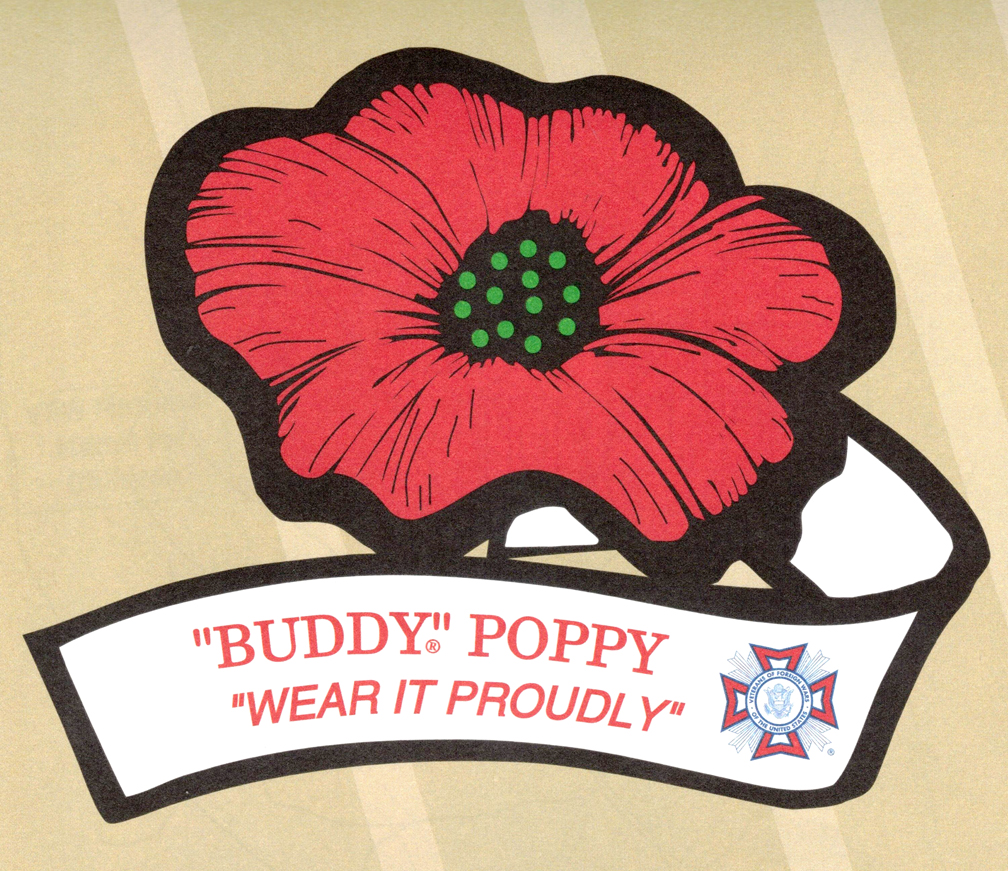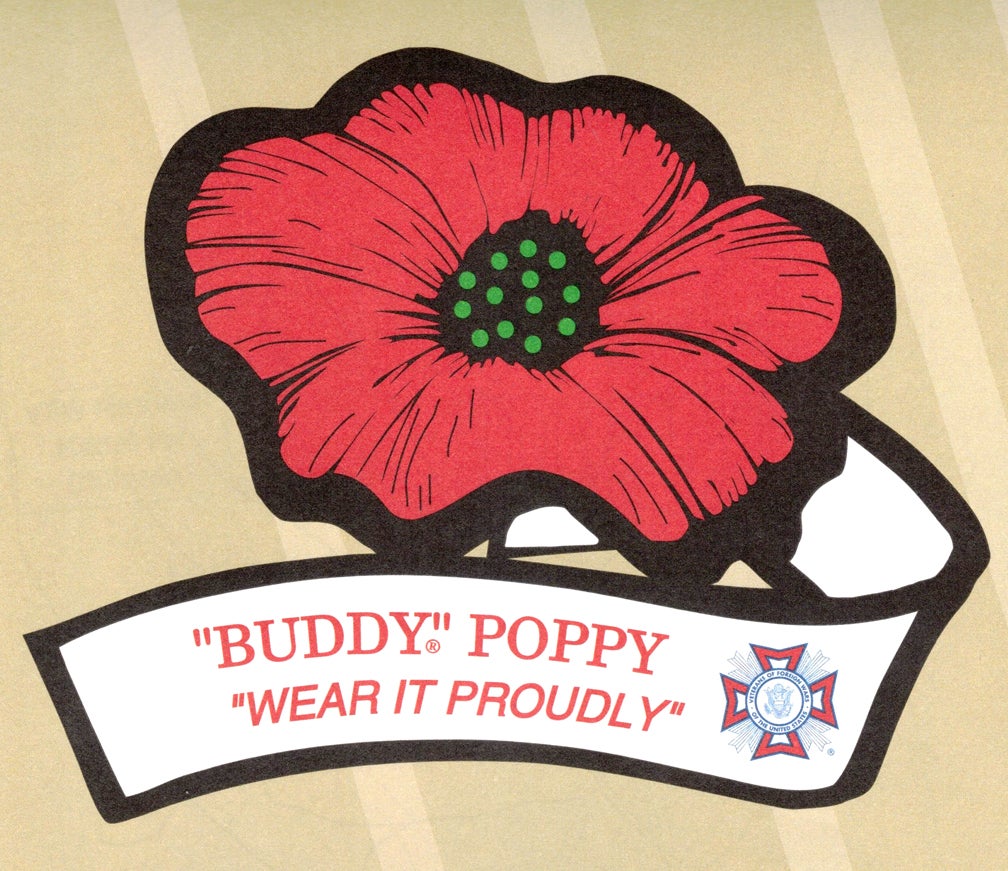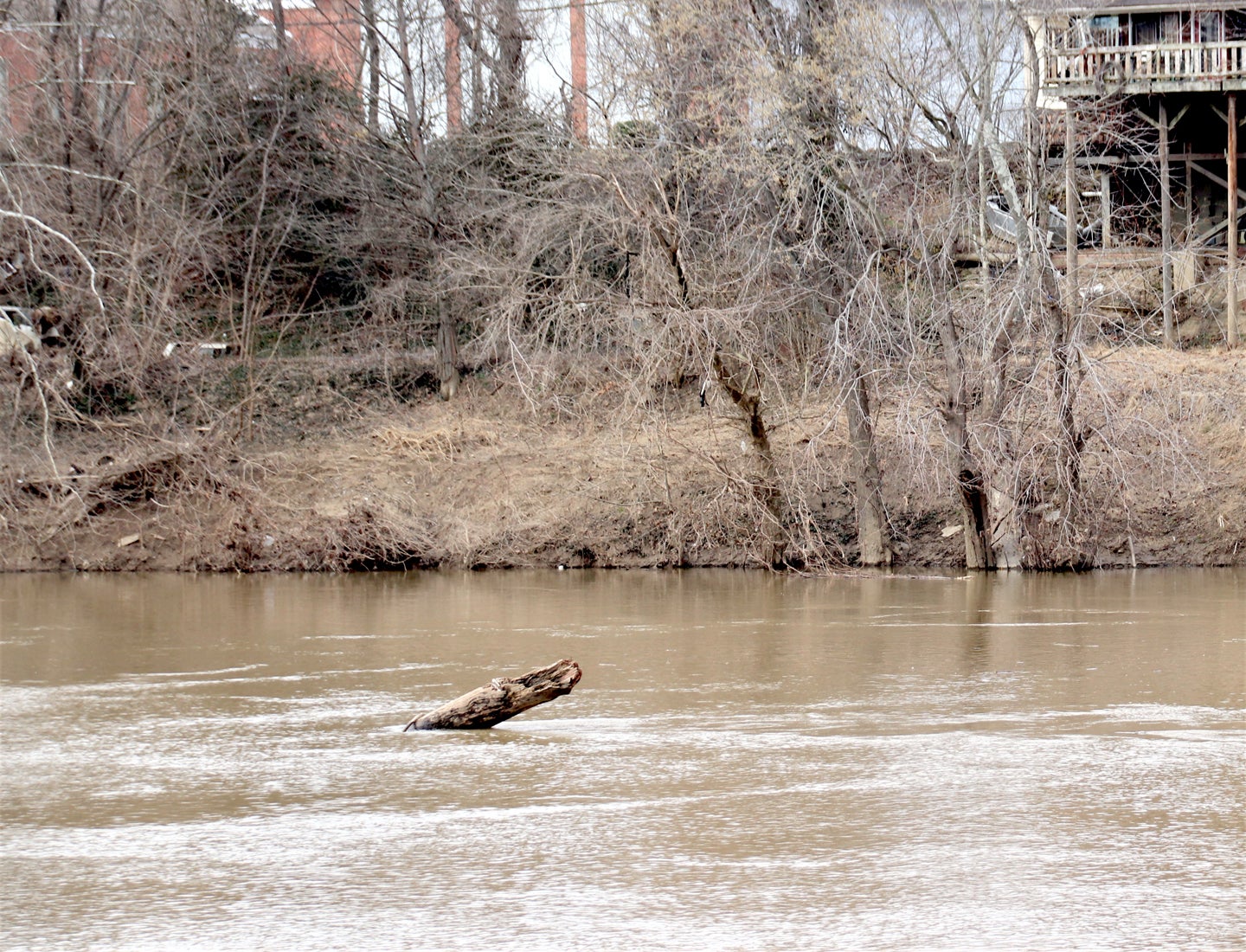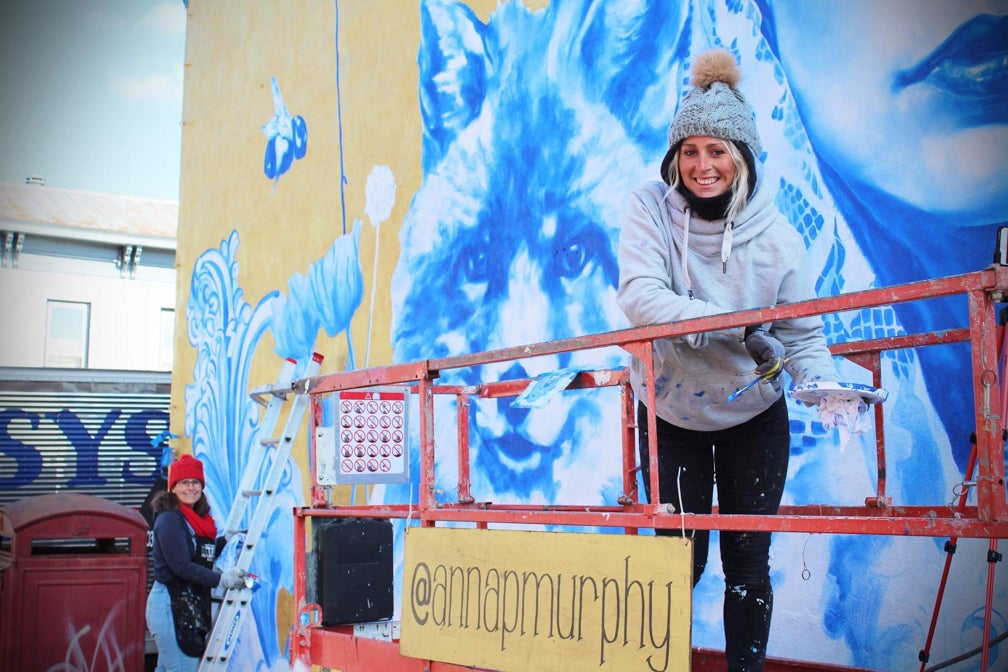During my lifetime, I have seen numerous social changes take place in the world around me. Some of these changes, in my opinion, have been for the better and some for the worse. Among the social change I could have done without is the current failure of Americans to wear a red paper poppy on their clothing on Nov. 11. When I was a child, everyone wore a red paper poppy on Veterans Day.
In school, the day before Veterans Day, we all read out loud the poem “In Flanders Fields.” This poem, written in 1915 by Canadian doctor John McCrae while serving in France, resonated throughout American society. When I was in elementary and middle school not only did we learned to say the Gettysburg Address from memory but also “In Flanders Fields.”
In Flanders fields the poppies blow
Between the crosses, row on row,
That mark our place; and in the sky
The larks, still bravely singing, fly
Scarce heard amid the guns below.
We are the Dead. Short days ago
We lived, felt dawn, saw sunset glow,
Loved and were loved, and now we lie
In Flanders fields.
Take up our quarrel with the foe:
To you from failing hands we throw
The torch; be yours to hold it high.
If ye break faith with us who die
We shall not sleep, though poppies grow
In Flanders fields.
In November 1918, with the signing of the Armistice ending the fighting, an American YMCA volunteer named Moina Michael sat down to write a reply to John McCrae’s poem. Her poem entitled “We Shall Keep the Faith” reads as follows:
Oh! you who sleep in Flanders Fields,
Sleep sweet — to rise anew!
We caught the torch you threw
And holding high, we keep the Faith
With All who died.
We cherish, too, the poppy red
That grows on fields where valor led;
It seems to signal to the skies
That blood of heroes never dies,
But lends a lustre to the red
Of the flower that blooms above the dead
In Flanders Fields.
And now the Torch and Poppy Red
We wear in honor of our dead.
Fear not that ye have died for naught;
We’ll teach the lesson that ye wrought
In Flanders Fields.
In 1922, the poppy was adopted by the Veterans of Foreign Wars to symbolize the ultimate sacrifice that had been made by American servicemen during World War I. To ensure that those members of the AEF who had died were not forgotten, it became part of the Veterans of Foreign Wars’ purpose to annually sell small paper poppies for men to woman to purchase and wear on their clothing on Veterans Day. The wearing of the red paper poppy by a person was viewed by the community as a whole as a sign of caring and respect for those who served in war.
During the 1960s and 1970s, however, for some reason the wearing of a red poppy on Veterans Day became unfashionable. The sale of red paper poppies by members of the VFW on street corners faded. A tradition of togetherness uniting all citizens in honoring those who had fallen in battle ceased to be part of our common American heritage. I would suspect that there has been no reading of “In Flanders Fields” in a Kentucky classroom for almost 50 years. It is amazing how something that once was part of the American social fabric, the joint wearing by all of a red poppy on Veterans Day, has totally disappeared from view on the streets of Frankfort.











